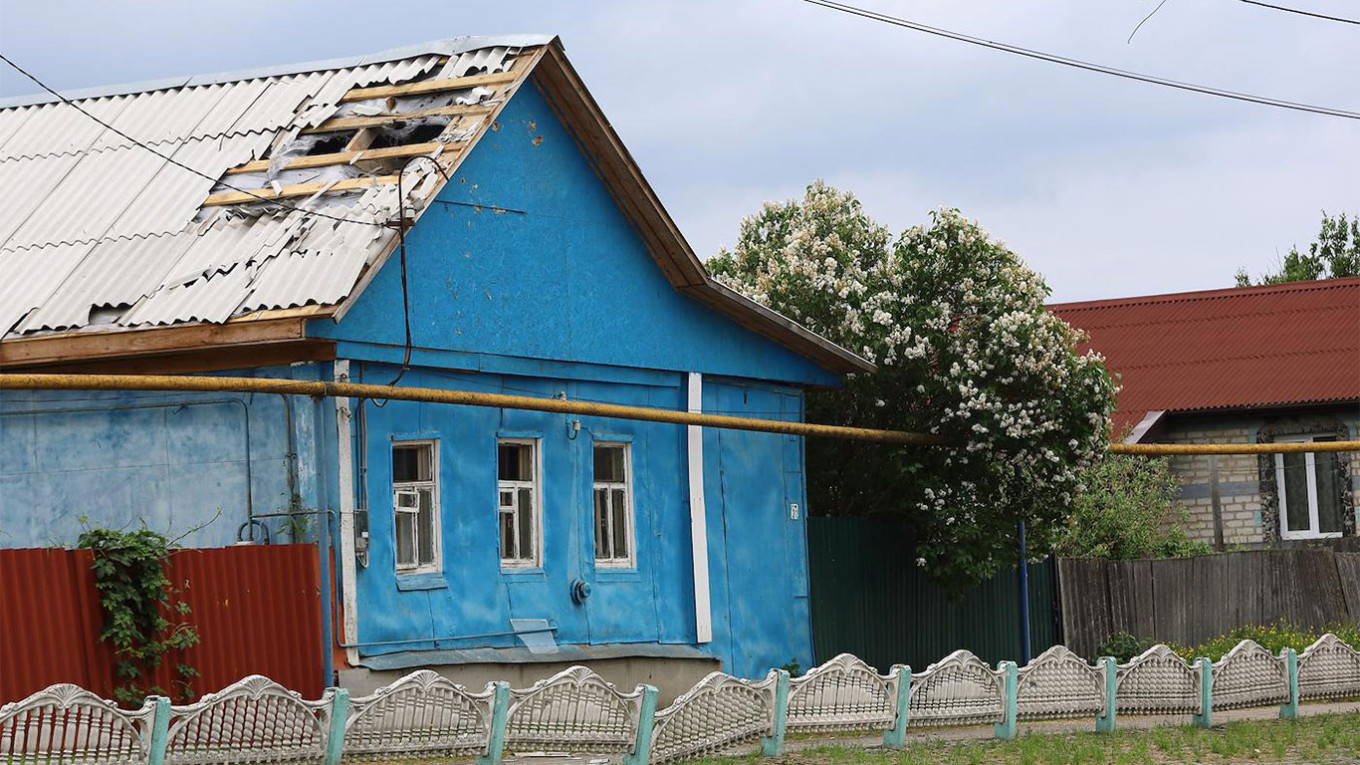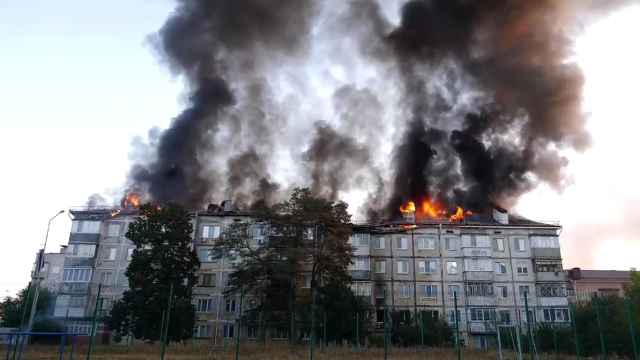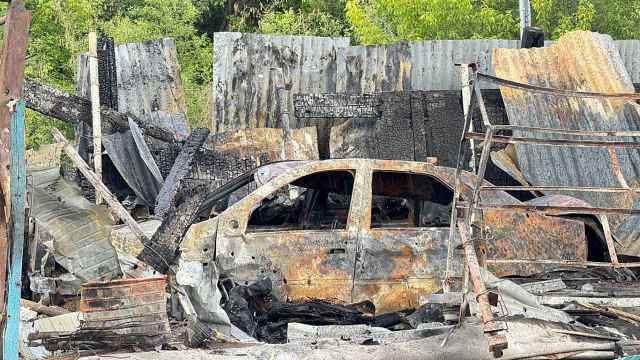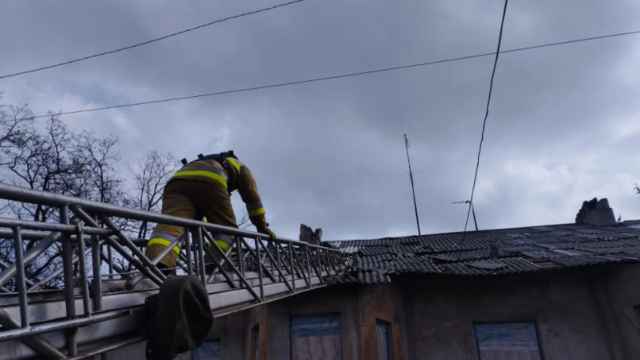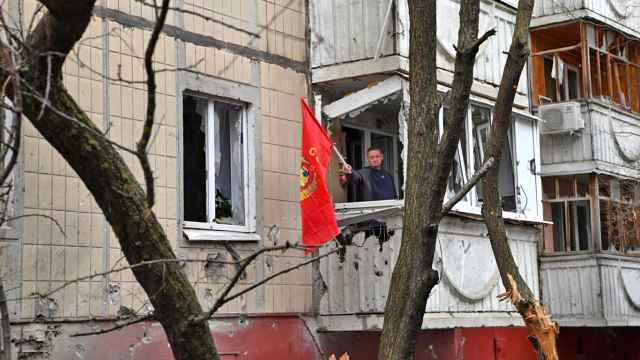This week’s incursion into Russia’s western Belgorod region sparked mixed reactions from prominent pro-Kremlin voices.
The armed incursion, the most serious since the beginning of Moscow's offensive in Ukraine last year, prompted the Kremlin to express "deep concern" and the evacuation of nine villages in the Belgorod region.
Ukrainian officials denied involvement as two anti-Kremlin military units within Kyiv's forces claimed responsibility, while Moscow blamed it on a Ukrainian “sabotage group.”
While some, such as RT editor-in-chief Margarita Simonyan, held back in expressing their opinions, others moved to vocally criticize Russia’s top military brass for negligence and lack of preparedness for the incident.
The lack of unified response signals that the attack caught both Russian officials and propagandists off guard, according to analysts at the U.S.-based Institute for the Study of War.
The Moscow Times has collected some of the most notable reactions to the attack:
Yevgeny Prigozhin
The leader of the Wagner mercenary group used the attack as yet another opportunity to criticize Russian Defense Ministry officials with whom he has been publicly feuding for months.
“I believe it was the border services who fearlessly and responsibly stood up to this sabotage group. But where the military was when the sabotage group stormed in — that’s an important question that should be addressed to the military leadership,” said Prigozhin.
“As far as I know, the military department is not bothering with strengthening our borders,” he added.
Prigozhin later expanded his criticism to local officials in border regions, accusing them of stealing funds allocated for fortifications of the border areas and “fooling around” instead of protecting their country.
Alexander Kots
The Kremlin-aligned war correspondent and pundit echoed Prigozhin’s frustration with the military officials and intelligence services who, in his opinion, allowed the attack to happen.
“There are some questions with no answers [yet] given. Actually, there are answers to them, but they are very unpleasant,” Kots wrote on his Telegram channel, where he followed up with a list of questions to Russian officials, including about a lack of anti-tank fortifications and mined areas near the border.
Dmitry Medvedev
Former President Dmitry Medvedev called the organizers of the Monday attack “thugs and saboteurs,” while asking the authorities to “kill them off like rats,” according to a statement cited by TASS.
Medvedev, the current deputy chair of Russia's Security Council, also accused Ukraine of lying in its denial of responsibility for the attack and said that the “Kyiv regime” together with the U.S. and the European Union were fully responsible for the attack.
Igor Girkin
Girkin, a former commander of separatist forces in eastern Ukraine, called the Monday incursion a Kyiv-orchestrated propaganda effort aimed at boosting Ukrainian morale in light of its looming counteroffensive.
“I have predicted these kinds of raids that signal a possible soon-to-come offensive by the enemy on other fronts. [These raids] have the aim to district Russian military personnel and equipment,” Girkin wrote on Telegram.
Sergei Markov
The former adviser to President Vladimir Putin called the Belgorod incursion “Zelensky’s attempt to hide negative effects of the Bakhmut defeat,” but predicted that the incident would prompt the Russian public to back more active strikes on Ukraine and demand the takeover of the northeastern Ukrainian city of Kharkiv.
“'Putin, [you] must be harsher and harsher’ is the new demand of the people,” wrote Markov.
State-run media
The news of the incursion was not only placed far from the front pages of Russia’s flagship state-run newspaper Rossiyskaya Gazeta but also buried as a part of a different story related to what the Kremlin calls its “special military operation,” according to the BBC’s Steve Rosenberg.
Another state-linked newspaper, Moskovsky Komsomolets, said the “terrorist raid” in Belgorod was orchestrated by Ukraine under “the command of shadow NATO instructors,” as shown in the BBC video.
A Message from The Moscow Times:
Dear readers,
We are facing unprecedented challenges. Russia's Prosecutor General's Office has designated The Moscow Times as an "undesirable" organization, criminalizing our work and putting our staff at risk of prosecution. This follows our earlier unjust labeling as a "foreign agent."
These actions are direct attempts to silence independent journalism in Russia. The authorities claim our work "discredits the decisions of the Russian leadership." We see things differently: we strive to provide accurate, unbiased reporting on Russia.
We, the journalists of The Moscow Times, refuse to be silenced. But to continue our work, we need your help.
Your support, no matter how small, makes a world of difference. If you can, please support us monthly starting from just $2. It's quick to set up, and every contribution makes a significant impact.
By supporting The Moscow Times, you're defending open, independent journalism in the face of repression. Thank you for standing with us.
Remind me later.


